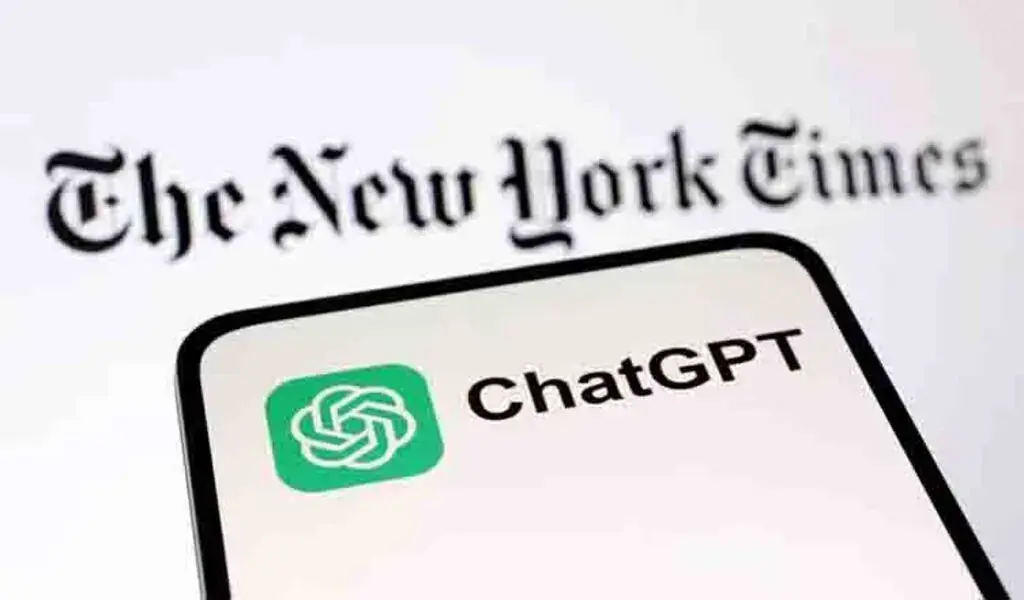(CTN News) – It argues that the New York Times “hacked” its chatbot ChatGPT and other artificial-intelligence systems to generate misleading evidence in its copyright lawsuit against OpenAI.
According to a filing in Manhattan federal court on Monday, the ChatGPT Times violated OpenAI terms of use by using misleading prompts to reproduce its material.
The Times’ complaint doesn’t meet OpenAI’s famously rigorous journalistic standards, it says. As this case progresses, it will become clear that the Times paid someone to hack OpenAI’s products.”
The OpenAI report did not identify the “hired gun” the Times allegedly used to manipulate its systems or accuse it of breaking any anti-hacking laws.
As the newspaper’s attorney Ian Crosby explained in a statement on Tuesday, what OpenAI calls “hacking” is simply looking for evidence that they stole and reproduced The Times’s copyrighted work.
A request for comment on the filing was not ChatGPT immediately answered by OpenAI representatives.
A lawsuit against OpenAI and Microsoft was filed in December alleging that they had used millions of Times articles without permission to train chatbots to provide information to users.
Several copyright owners have sued tech companies over the alleged misuse of their work in AI training, including authors, music publishers, and visual artists.
Companies have claimed that their AI systems make fair use of copyrighted material, and the lawsuits threaten the multitrillion-dollar industry’s growth. As far as copyright law is concerned, the key question of whether ChatGPT AI training qualifies as fair use has not yet been answered by a court.
There is no evidence that AI-created content resembles copyrighted works, so some judges have dismissed infringement claims over generative AI output.
A complaint by the New York Times ChatGPT cites several instances in which OpenAI and Microsoft chatbots gave users near-verbatim excerpts of its articles.
Microsoft and OpenAI, it claimed, were trying to make a substitute for the Times by “free-riding on the Times’ massive investment in journalism”. Despite tens of thousands of attempts, OpenAI claims that the Times’ highly anomalous results were generated after tens of thousands of attempts.
“ChatGPT cannot be used in the ordinary course of business to serve up Times articles at will,” OpenAI said. The filing also predicted that OpenAI and other AI companies would eventually win their fair-use cases.
AI models cannot be prevented from learning facts by the Times, any more than another news organization can prevent the Times from re-reporting stories it had no involvement in.”
SEE ALSO:
Adobe Unveils Project Music GenAI Control For Effortless Music Creation and Customization






